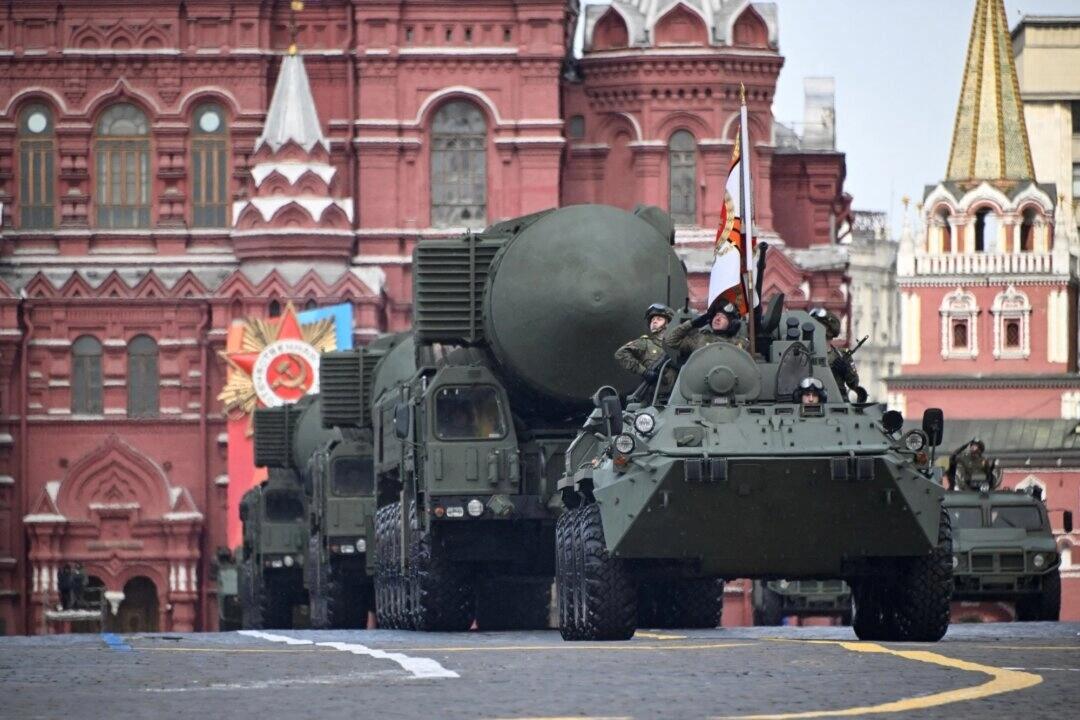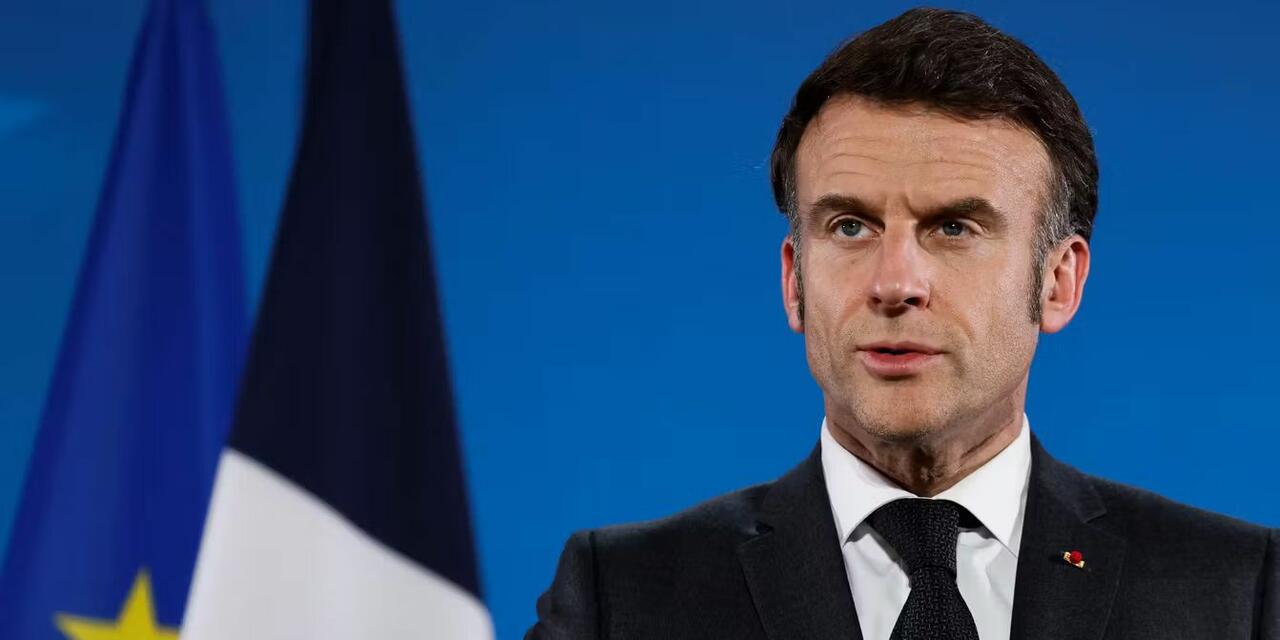I have always been fascinated by long term cycles and waves which as we say rhyme but do not repeat. The milankovitch cycles, the Forth Turning and many others.
And once again in the early 2020s, it looks like we are changing speed away from Globalization, toward a more fragmented and belligerent world with a great overlook in the article below.
Just looking at the titles today which in isolation may seem anodyne;
US Nuclear Weapons Transferred To UK Soil For First Time Over 15 Years
Orbán: 20% Of EU's New 7-Year Budget Would Go To Ukraine, 10-12% Goes To Debt Repayments
But within the context of rising tensions, there is clearly a pattern to what is going on. A mixture of inevitability and indifference to the most likely consequence: War!
It is a deep social trend so the outcome will neither be immediate not unavoidable. But the trend is relentless.
In a year of two, the economic dislocation will be such that war will probably look like a good idea to fix the chaos, which of course it will conversely amplify.
In between, propaganda will be relentless. the Global elites who dominate the West will strive to justify the coming war. The Russian, the Chinese, the Iranians, the Arabs, you name it, will be demonized.
Just go to Europe these days, what media is not censored is relentlessly pushing for war and rearmament. Fortunately, the desindustrialization of the continent is very advanced and it will therefore be extremely challenging to build advanced weapons in large quantities.
What we are left with is bravado and provocations from the weaks with a frightening background of nuclear weapons as Martin Armstrong explained recently. Definitively not a good omen.
Authored by Gregory Copley via The Epoch Times,
We know that the world is moving into an age of uncertainty. But towards what? Our planning does not extend that far...
We are too preoccupied with the immediate to even consider the longer-term.
And if governments are fighting for or against immediate challenges, are societies fighting for the same reasons, or are they fighting for something more at the core of their identity?
Firstly, we need to look at just some of the immediate vital issues in the global strategic evolution which cannot be ignored, or set aside in favor of pressing domestic issues.
These are the issues defined largely by governments, and take the public along with them. But ask what is it that societies seek, and it goes more deeply than platitudes about “world peace.”
We are now seeing the conclusion of trends of the past few hundred years.
In the longer-term, we are moving—unless strategic consideration is given—into an age bereft of history, identity, and considered values and goals.
So, firstly, let’s look in the short-term:
U.S. relative dominance revives, but is moving toward isolation: The United States, under the Donald Trump presidency, is moving into a position of relative global dominance, largely through decisive action, but also because of the reduction in capabilities of other states. Perceived U.S. prestige and trustworthiness continues to decline, making global U.S. operations more expensive to prosecute.
Xi is gone; the PRC has begun its change: The People’s Republic of China (PRC) has been laid to waste economically, resulting in the removal of Chinese Communist Party (CCP) General Secretary Xi Jinping from any real power as of July 2025. The CCP is also under threat, but the June 2025 U.S.–PRC trade deal has kept the party alive and in control of China, at least for now. It will take decades to restore China to strength. To survive with a minimum of chaos, the PRC will need to transform into a true market economy, working equitably with other trading powers, or else the CCP will collapse. Essentially, China could become a new country based on its deeper past.
Diminished likelihood of Taiwan invasion: The likelihood of a PRC invasion of Taiwan in the coming few years is now lower, but the situation remains unstable.
An effective end to 20th-century treaties: Most international governance and treaty organizations were rendered meaningless or weak by the first half of 2025. That extends from the United Nations to the European Union (EU), BRICS, OECD, etc. and bilateral treaties on trade, security, or other issues. Everything is now up for discussion. The collapse of the EU may allow European states to revive.
Iran now altered, will alter more soon: Change in the government of Iran, which would change the nature of Iranian society back to more traditional lines, is closer, because of the recent Israeli–U.S. war with the Iranian clerics. A new Iranian leader could emerge from the military, pushing the clerics back to the mosques. This will usher in new access to and from the Central Asian states.
Russia is emerging as a major global power, given the relative stability of its economic base and political structure, but will need eventually to consider a leadership transition. The mechanism will remain opaque. There is no evidence that Russia would be competitive with the United States, strategically, over the coming few years, other than by its alignment with India. In this context, the Russian war with Ukraine is essentially over, in meaningful terms.
Turkey as the font of instability: Turkey is moving further into instability, and, to distract public discontent with the increasing poverty, could move aggressively into a conflict situation directly with Israel and/or Greece, and attempt further military incursion into Syria and to assert dominance over the new Syrian government.
Illegal migration reaching an apogee? Illegal migration into Western Europe from Africa and the Middle East could become greatly more manageable if and when the agreement is reached—possibly in 2025—for a unified government of Libya under a traditional leadership. The example of U.S. curtailment of illegal immigration in 2025 may be a contributing factor as well.
Much of Africa “in reorganization”: Africa, host to the most devastating current wars in terms of lives lost and people displaced, has entered a new, painful era of self-determination and re-defined borders. Some areas are better placed than others to emerge successfully into the new era.
Central Asia re-emerges: Central Asia, including Azerbaijan and Afghanistan, emerge as a new strategic zone, gaining great economic leverage as it breaks its landlocked status through Iran and new modi vivendi are achieved with Armenia, Afghanistan, and Pakistan.
The Americas start “reorganizing”: Chile became the first major South American state to undergo substantive transformation, but Brazil could also see major change with its next election.
Oceania in decline: Australia, New Zealand, and the South Pacific states now seemed to have tipped into political and economic stagnation, which may only be reversed by radical restructuring of a type only possible following a major collapse, which may be decades coming.
The longer-term: The current tipping point coincides with the end of the “baby boom” generation, which followed World War II. With its passing, because of the purposeful elimination of historical education, comes a reduced ability to move forward retaining historical cultures, languages, and identity. How, then, will states define themselves and their goals? Will they sink more into mass identity, or will individual thought revive? How long has it been since societies have known for what principles they stood?
Will societies survive and dominate more if they retain identity and long-term purpose? What are the options, at this stage, for retaining historical continuity? For retention of traditions? For re-seizure of education systems? Is there any program, anywhere, to begin planning for the future?
Policymakers may have immediate reasons for engaging in conflict, but societies see the wars as a quest for meaning.
Will states which have regained their old identities—their meaning—prosper best by mid-century?



No comments:
Post a Comment